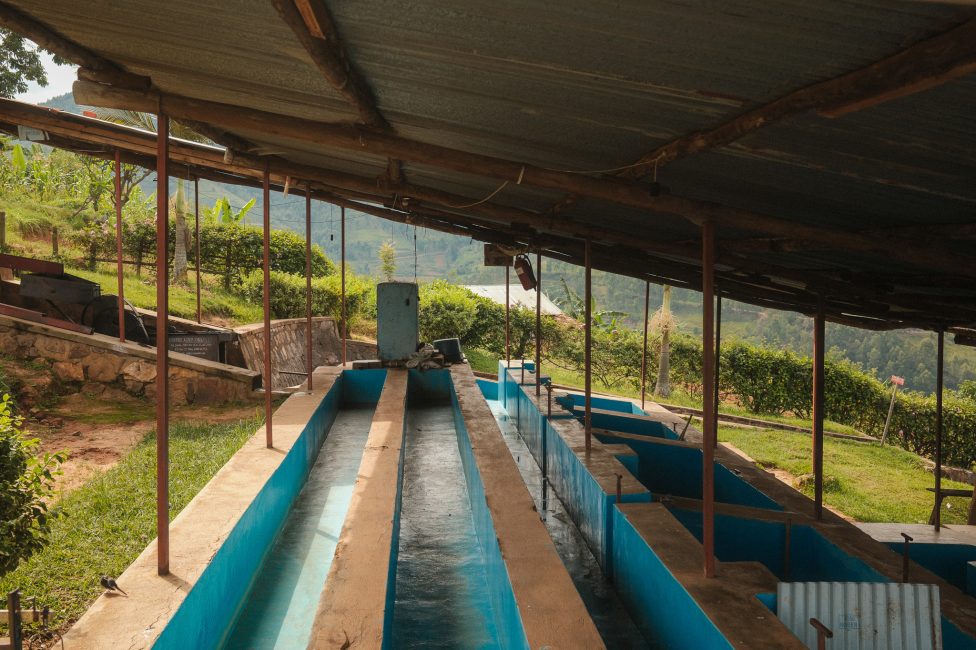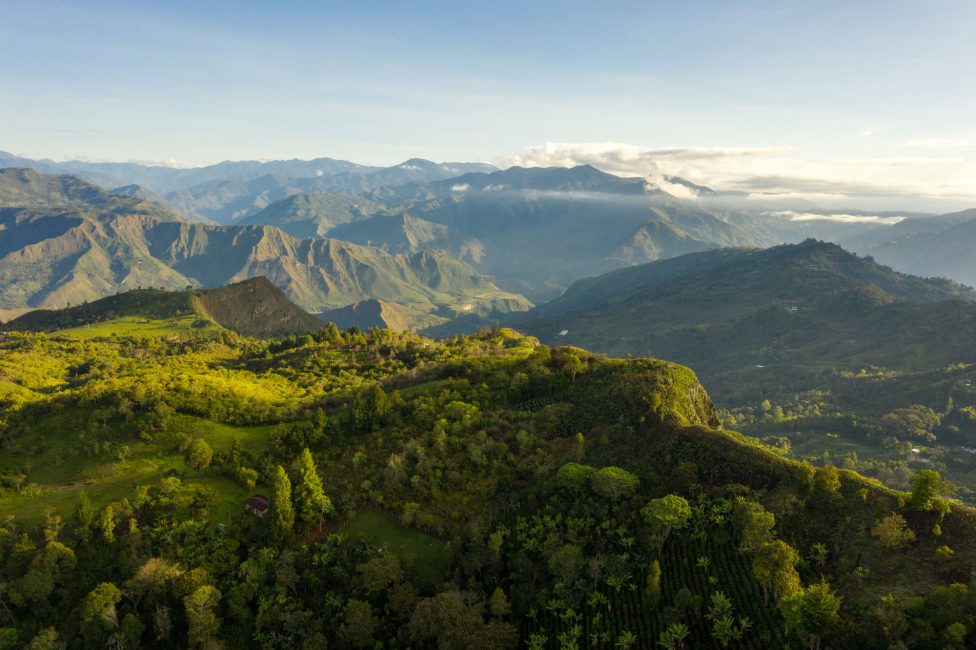Mitiku Shanto
Candy like sweetness, with pretty florals and a juicy mouthfeel. Notes of ripe white peach, rhubarb tart and berry jam.
Mitiku Shanto originates from the Uraga ‘woreda’ (administrative district) in the Guji zone in Ethiopia’s Southern Oromia State.
The coffee is processed at the privately owned Uraga washing station which sits at 1,955m above sea level. Coffee is delivered daily by around 650 small producers. The majority of these families farm organically on tiny plots of land (averaging 2 hectares in size), located 1,950–2,250 metres above sea level.
ABOUT THE GUJI REGION
The Guji zone was established as a unique production area in 2002. It is located in the Southern portion of Sidamo, and is named after the Oromo people; a tribe with a long, proud history in coffee production.
Coffees from Guji were previously classified as ‘Sidamo’ (a very wide geographical classification encompassing much of central-south Ethopia), however more recently they have been separated from this classification and recognised for their unique and distinctive cup profiles. This distinctiveness is driven by the unique combination of elements in this production area, including high altitudes, rich, fertile soil, and exceptional heirloom varieties.
Guji is bordered on the south and west by Borena, on the north by Gedeo and Sidama, and on the east by Bale and the Somali Region. Coffees that are classified as ‘Gujis’, originate from the ‘woreda’ (administrative regions) of Adoola Redi, Kercha, Bule Hora, Shakisso and Uraga (where this lot is from).
Most communities in the region still live rurally and make a living from farming. Coffee remains the main cash crop for most families in the Guji region, who grow coffee alongside food for consumption, and other cash crops such as the Ethiopian banana.
VARIETY
This coffee is a mix of local varieties, including native coffees from forest origin that are collectively known as ‘Ethiopian Heirloom’. All of these varieties are Arabica and most originate from a Typica predecessor, but with wild mutations that result in some exceptional and unique flavour profiles.
PROCESSING
This coffee has been processed using the washed method. It is classified as Grade 1, indicating that a lot of effort has been put into the selection and grading during processing.
Each day, carefully hand-picked coffee cherries are delivered to the Uraga washing station and are meticulously hand-sorted prior to processing to remove unripe, overripe, or damaged fruit, in order to enhance the quality and sweetness of the cup.
The coffee cherries are then pulped to remove the fruit and skin, and then graded by weight; heavier beans are superior quality and deliver a sweeter cup. After grading, the parchment-covered coffee is soaked in tanks of clean water for 36–48 hours to remove the mucilage (sticky covering) by allowing it to ferment and detach from the coffee.
The coffee is then re-washed and graded again by density in washing channels and soaked in clean water for 12–24 hours. The coffee is then dried for 12-15 days on African drying beds, firstly under cover and then subsequently in the sun. Whilst drying, the coffee is carefully hand-sorted, and any defects are removed. It is also turned regularly to ensure that it dries evenly and consistently. At midday, the coffee is covered to protect it from full sun. It is also covered overnight to prevent damage from morning dew. Once the coffee is dry it is rested in parchment until it is ready for export.
WHY WE LOVE IT
We fell in love with the coffee on the cupping table, and it stood out every time we cupped it. It has an intense candy like sweetness, with pretty florals like jasmine and rose. In the cup the coffee is juicy and lingering with notes of ripe white peach, rhubarb tart and berry jam.


